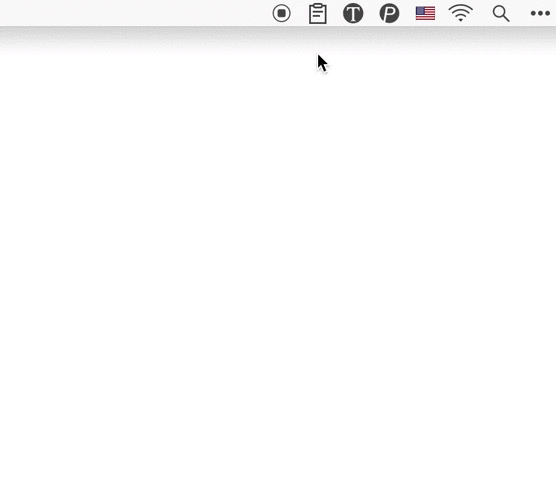

Fresh wonder and a hunger for wisdom she writes, leads the reader to hear the heartbeat of text’s author.

Wendy Wright suggests that on a first reading a spiritual classic will be encountered with a first naïveté. VI, this essay will use Herbert’s own chapter divisions as references), and refers to the scriptures as a source text for its theology (e.g. On the most straightforward level ‘The Country Parson’ is a spiritual text because it both discusses the prayer life of a parson (e.g. This is experienced firstly through relationship with God, in Jesus, through his Holy Spirit’s active presence and secondly in relationship with his people. Sheldrake comes to the conclusion at the end of his chapter on the subject (1991: 40-61) that spirituality is ‘concerned with the conjunction of theology, prayer and practical Christianity’ (1991: 60). In looking at Herbert and Anglican priesthood however the definition needs to be specifically Christian. Generally it is considered to be to do with life-integration or self-transcendence in relation to the ultimate or absolute values that the individual holds. Contemporary spirituality is broad and open to many interpretations. We must firstly however define what “spirituality” is for the purposes of this essay. Having done this it will be possible to begin to examine its spirituality and to assess what this has to say to Anglican priesthood today. In order to answer this question it is necessary to place it as a text within an historical context, alongside the personal history of the author. Cannot both be regarded as “classic” spiritual texts? Although their genre is different, both wrestle with the role and nature of his calling as a priest. Yet Hebert wrote both at roughly the same time (‘The Country Parson’ is prefaced 1632, but was probably mostly written prior to His appointment at Bemerton in 1630).
#Ipaste georgewherbert series#
The former has often been used as a mine of background information to illuminate the theology and spirituality of his poetry, which is regarded as of enduring quality (even the Independent newspaper published Herbert’s poetry in its series of Great British Poets in 2008). Herbert’s ‘Country Parson’ has received less academic attention than his poetry in ‘The Temple’. His resolve to set down the form and character of a ‘true’ pastor asks the reader whether this is still of relevance to priesthood today. Yet Herbert confesses in his introduction that he has set the mark to aim at high, ‘since he that shoots higher that threatens the moon, then he that aims at a tree’ (Herbert: The Author to the Reader). Inadequacy to the task is the immediate response of a priest of the 21st century reading Herbert’s reflections on ministry of nearly 400 years ago. Yet the priest today will also want to recognise the limitations Herbert’s personal aristocratic background, and his acceptance of the social status quo before embracing Herbert’s spirituality in its entirety. Perhaps Herbert’s rhetorical skills to impinge on the reader and move them to a response is still as effective today as it was designed to be on his first audience. It is this which makes it a text of enduring spiritual value. Herbert’s comprehensive spirituality embracing all of life, his view of scripture married with his practise of prayer and liturgy, and his emphasis on discovering a vocation for all, speak to the priest today. It is evident that although George Herbert’s context was a different social and political world to today, some of his practise and theology still has meaning and can bring challenge to its reader, especially the practitioners of Anglican ministry. Married to Anita since 1995 (a secondary science teacher) we enjoy cycling in the sunshine as long as the destination includes sitting in a coffee shop. I love the creativity and entrepreneurial spirit that ministry at St George’s allows. My own journey has been one in which God has challenged me to give up dreams of ‘success’ in favour of fruitfulness. This led me to complete an MA in Christian Spirituality at Heythrop College in 2009. I find that I am increasingly interested in spiritual formation. Prior to ordination I worked in India for 18 months with the Oasis Trust.

I became a Vicar in multi-racial, multi-faith, Southall in 2001, having trained at Wycliffe Hall, Oxford (BTh) and serving a curacy in Cricklewood. Vicar of St George’s Church Southall and Area Dean of EalingĪs a keen gardener I like the metaphor of Jesus as a master gardener pruning his followers for further growth.


 0 kommentar(er)
0 kommentar(er)
